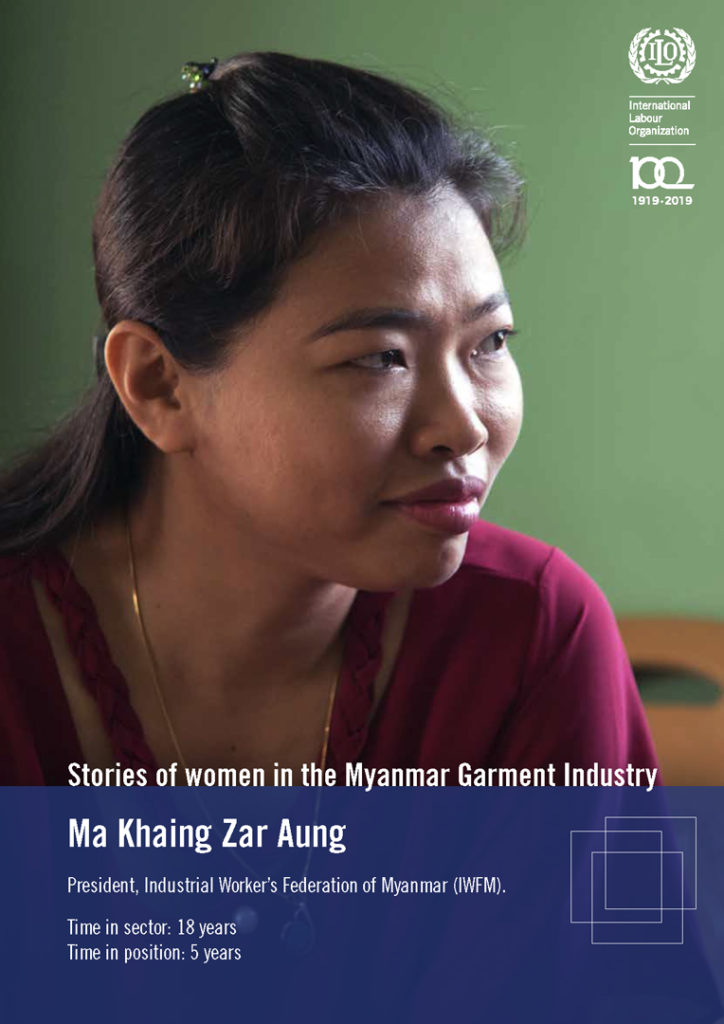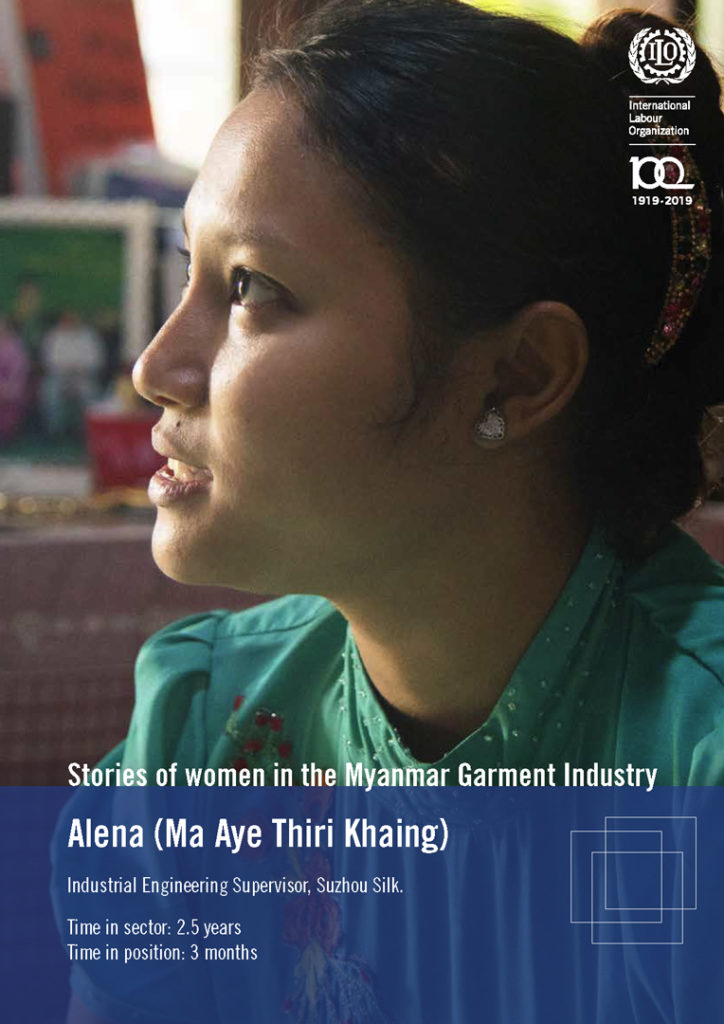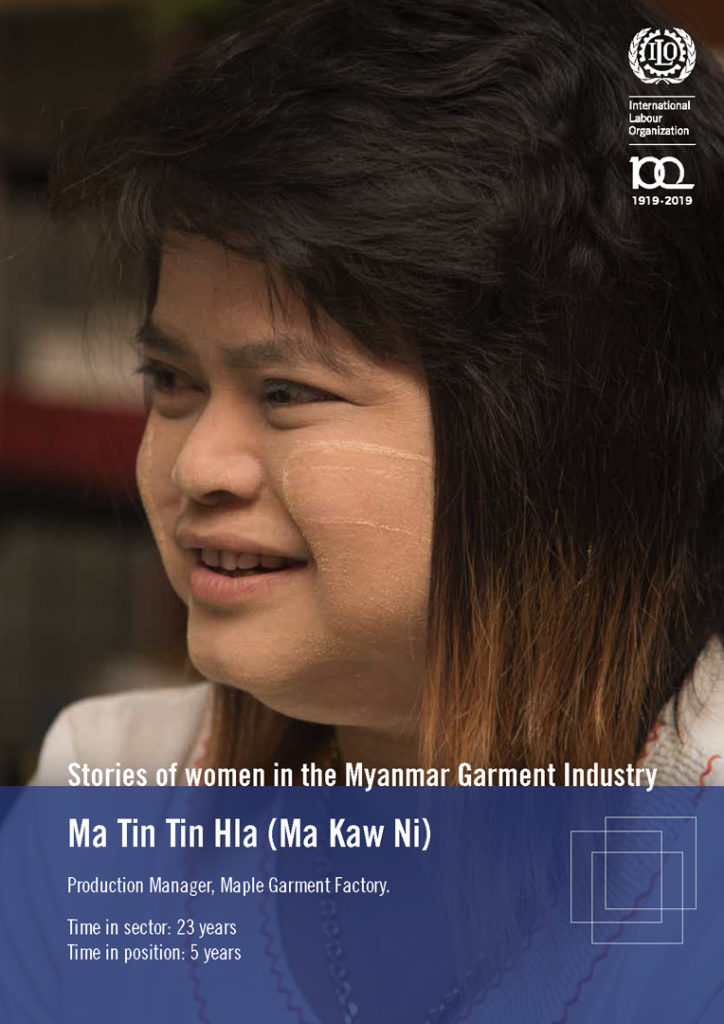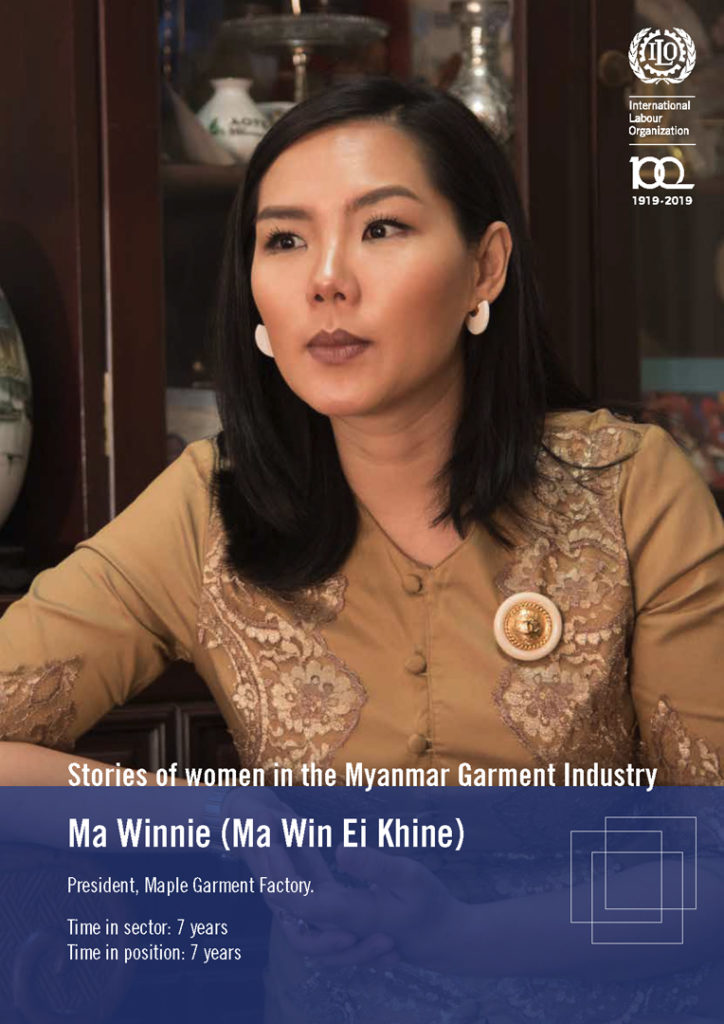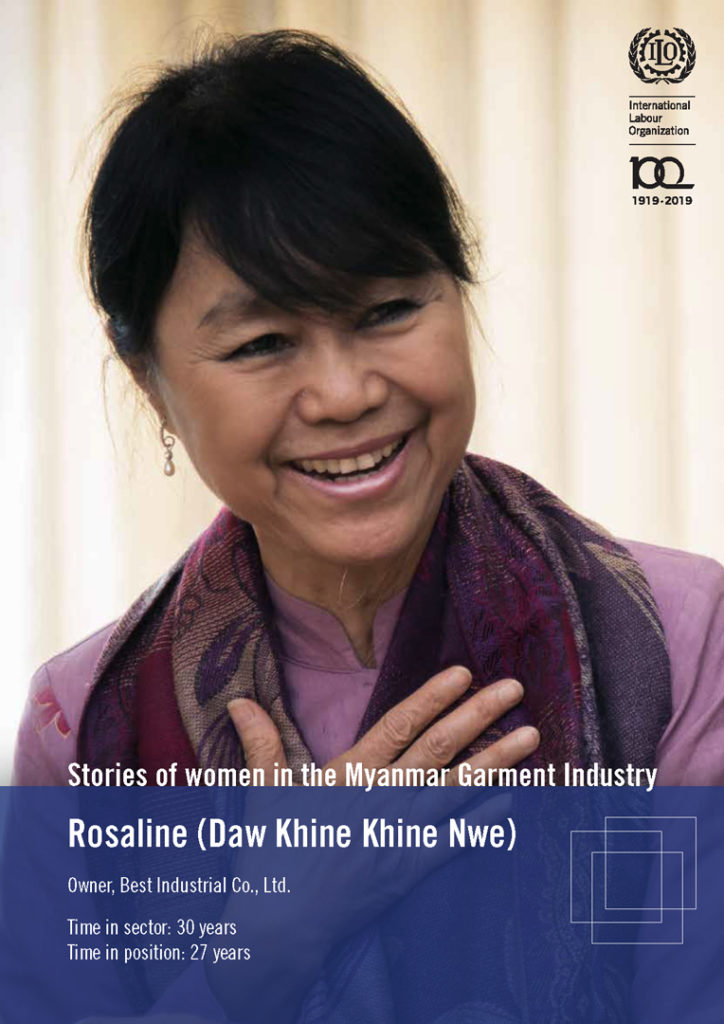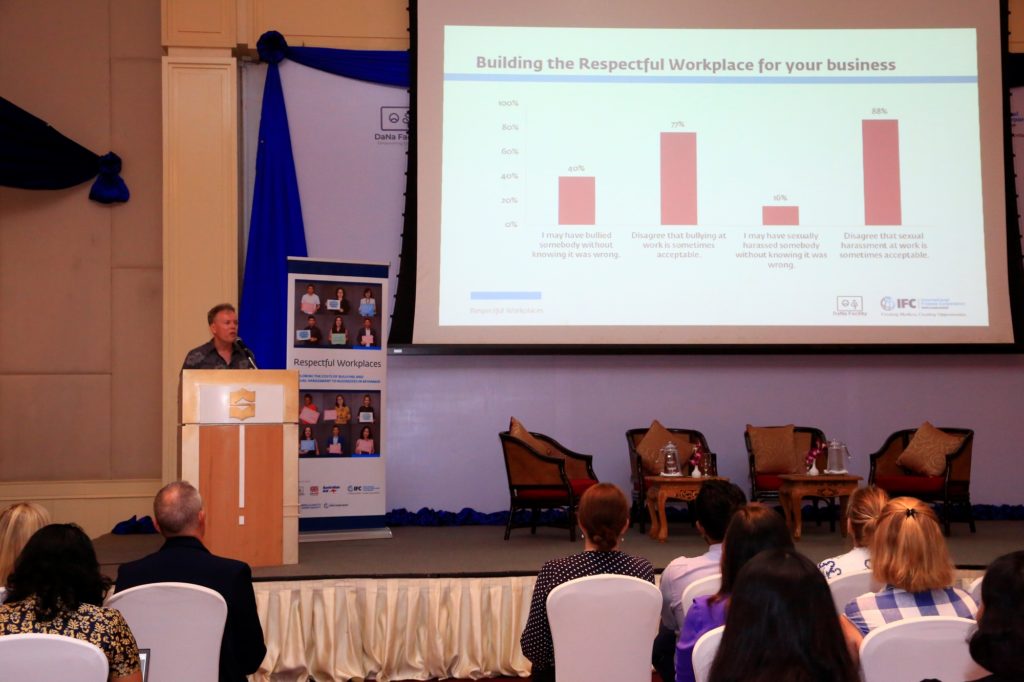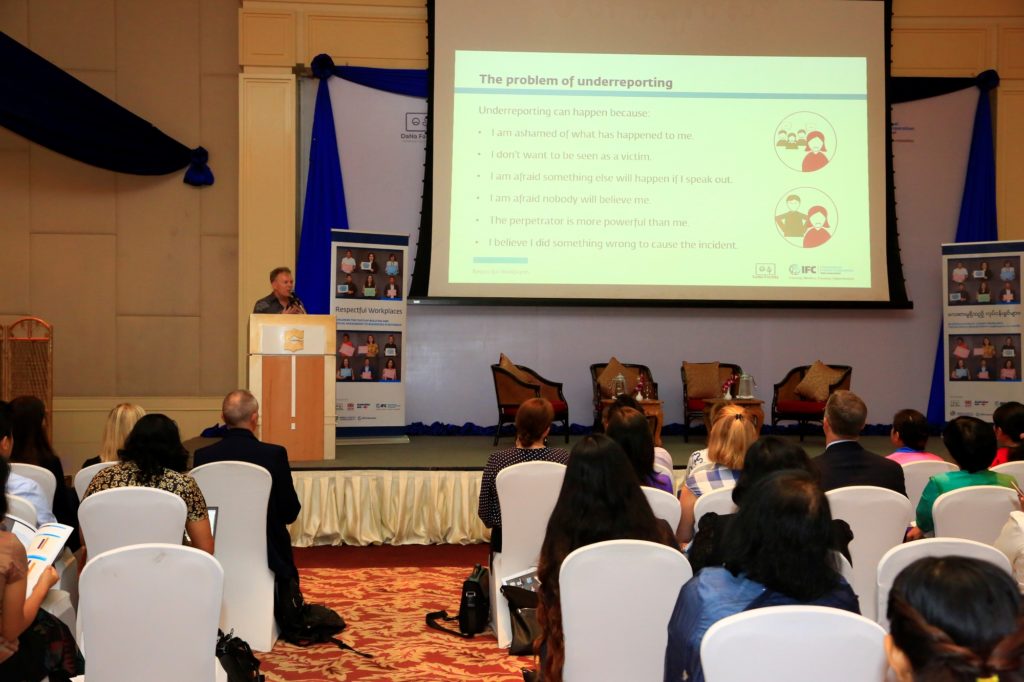Category: Country
Launch of IFC research project on employer-supported childcare in PNG
Factive is pleased be involved in a new research project for the International Finance Corporation (IFC) in Papua New Guinea (PNG), in collaboration with the Business Coalition for Women (BCFW) based in Port Moresby. This new research project involves engaging with almost 30 private sector companies to better understand the childcare needs of working parents in PNG, and to identify the costs and opportunities of employer-supported childcare.
Access to high-quality, affordable childcare is severely limited in many developing countries and this is also the case for working parents in PNG. This is due in part to a lack of government support for childcare services, as well as a lack of private sector investment in the sector. As a result, many working parents in these countries rely on informal childcare arrangements, such as leaving their children with relatives or neighbors, or perhaps leaving them at home unsupervised.
Previous research into employer-supported childcare in other countries has highlighted the economic benefits of investing in childcare services. Studies have shown that access to affordable, high-quality childcare can have a positive impact on women’s labor force participation rates, as well as on children’s cognitive and social development.
IFC has identified several strategies for improving the availability and quality of childcare in developing economies. These include:
- Providing training and support for childcare workers.
- Establishing regulations and standards for childcare services.
- Encouraging private sector investment in the childcare sector.
- Supporting innovative models for childcare provision.
We look forward to working with IFC and the wonderful team at the BCFW over the next few months, as we first collect data through a survey, group discussions, and interviews, and then analyse this data in collaboration with the companies and other stakeholders.
Factive previously supported IFC’s research on childcare in Myanmar. It’s now great to be working back in PNG!
Employer Supported Childcare in Myanmar

Factive is pleased to announce the publication of a new document from the International Finance Corporation (IFC): Employer Supported Childcare: A Practical Guide for Myanmar Businesses. This guide was developed based on the results of research Factive completed for IFC in 2019: Tackling Childcare: The Business Case for Employer-Supported Childcare in Myanmar.
The guide provides useful information for business owners in Myanmar on childcare support options for employees – a topic that demands more attention from employers during the rapidly changing global situation presented by Covid-19. It includes:
- An explanation of the business benefits of employer-supported childcare
- An introduction to some childcare support options employers can consider in the Myanmar context
- Case studies and examples of employer-supported childcare from Myanmar and around the world
We wish to express our thanks to IFC for the opportunity to assist with this research. We would also like to thank our research team in Myanmar (Thiri San, Moh Moh and Zu Zu) for their excellent work on this project.
Launch of new IFC childcare report in Myanmar
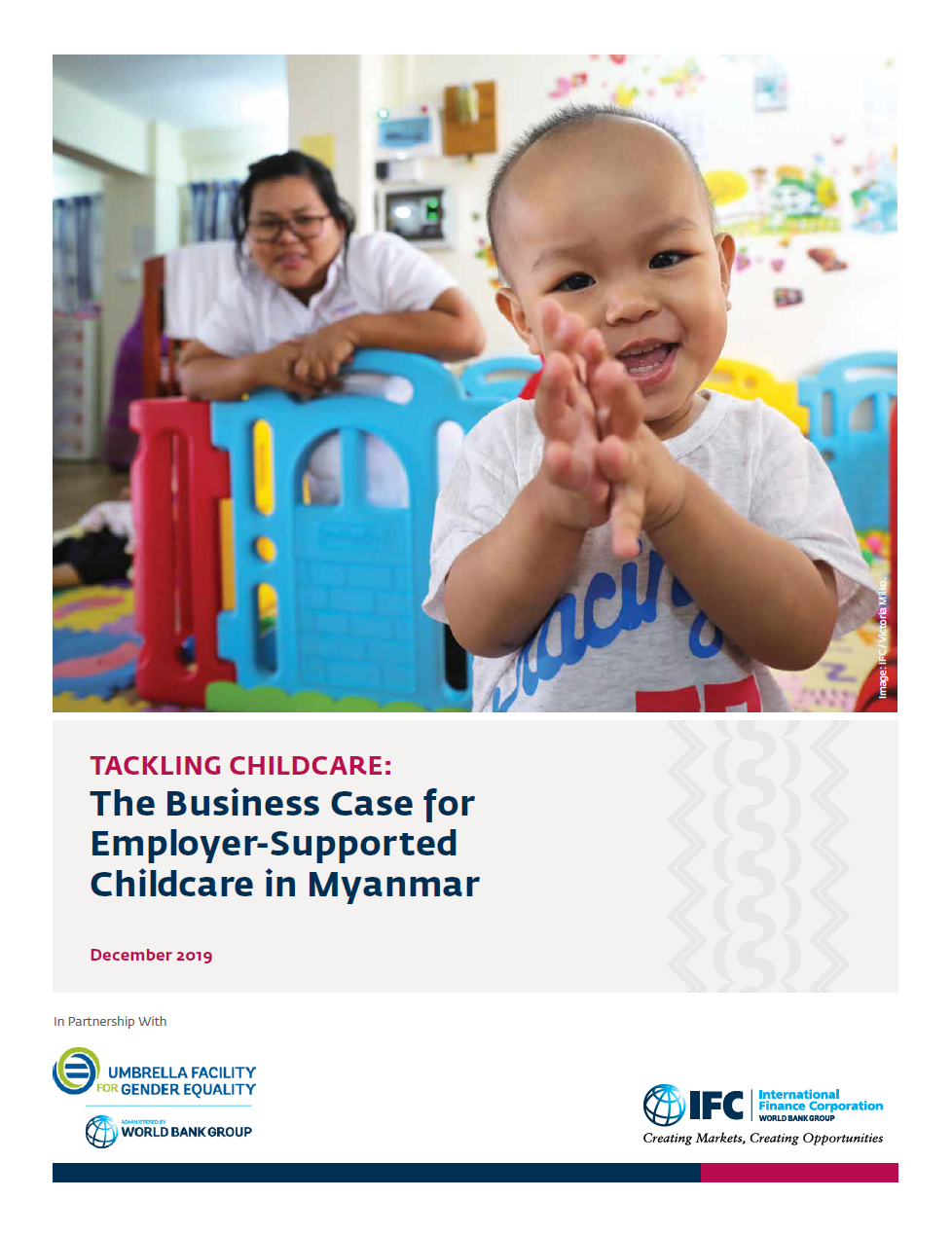
Factive is very pleased to announce the launch of our latest research report for IFC – Tackling Childcare: The Business Case for Employer-Supported Childcare in Myanmar. Several members of our team were present for the official launch in Yangon, Myanmar.
The report findings are intended to provide recommendations for Myanmar businesses on how to better support the needs of working parents and to realize the business benefits of employer-supported childcare.
The research involved almost 800 employee surveys, 45 focus group discussions and 37 key informant interviews. We would like to thank our national consultants Thiri, Moh-Moh and Zu Zu for their epic data-collection efforts!
The report and factsheet are available to download in both English and Myanmar language from the IFC website.

From left to right: Amy Luinstra (IFC), Zun ZuZu Han (Factive), Moh-Moh Aung (Factive), Thiri-San (Factive), Dean Laplonge (Factive), Ellen Maynes (IFC), Hnin Nwe Nwe Aung (IFC).
IFC recruiting for GBV consultant for research in Papua New Guinea
International Finance Corporation (IFC) is seeking a researcher/M&E specialist to evaluate the impact of workplace responses to family and sexual violence (FSV) in PNG from FY20-22. FSV disproportionately affects women and is a key contributing factor to the wide and slow-to-close gender gaps in the Pacific region. The data and analysis derived from this project are expected to increase the number of private sector firms in PNG taking proactive steps to support staff impacted by FSV.
The objective of this assignment is to provide M&E support to IFC on measuring the business case for workplace responses to FSV in PNG. The terms of reference for this role can be downloaded from the following link:
Stories of successful women in Myanmar’s garment industry.
We have all seen headlines about the poor working conditions in Myanmar garment factories. While these headlines are certainly grounded in truth, the reality is that for many women in Myanmar, the garment industry is one of the few professions where they can earn enough money to cover their daily living expenses. And for some women, the garment industry has provided the basis for a successful and rewarding career.
Five of those women were the focus of a recent ILO project to highlight the stories of some of the garment industry’s female success stories. We were thrilled to work with the ILO on this project and to meet the inspiring women who kindly contributed their stories and their time. The profiles were written during a series of interviews in the women’s homes and places of work in and around Yangon, Myanmar.
These profiles are meant to inspire the new generations of women coming to play an active role in the world of work, providing examples of how these female leaders cope with life in and beyond the workplace. The profiles include a number of powerful and inspiring women who already hold prominent roles in the Myanmar’s garment industry, be they factory-level operators, supervisors, heads of enterprises, and directors of trade unions or employers’ organizations.
Ms Catherine Vaillancourt-Laflamme, Chief Technical Advisor / Project Manager, ILO Liason Office in Myanmar.
We would like to thank Catherine from the ILO Liason Office in Myanmar for the opportunity to work on this creative and inspiring project, and thanks also to our National Consultants Moh-Moh and Thiri-San who arranged and conducted the interviews.
The profiles can be downloaded directly from the ILO’s website at this link.
Gender smart safety in Papua New Guinea

An innovative partnership between International Finance Corporation (IFC), St Barbara and the Business Coalition for Women (BCFW) in Papua New Guinea has helped to build a safer workplace for female employees working at the Simberi gold mine. The implementation of a “Gender-Smart Safety” program in 2016 resulted in an 18 percent increase in the percentage of women who feel happy about their safety at work.
You might be wondering what it is that makes a safety program “Gender-Smart?” The program involved training a cross-functional team of employees from human resources, safety and housekeeping on how to conduct safety audits to identify risks and hazards faced by women in the workplace. Factive played a key role in researching and developing the Gender-Smart Safety initiative.
This trained team at the Simberi gold mine was able to identify risks specific to female employees that had not been identified using business-as-usual safety practices. By identifying these risks, the team was able to put mitigation strategies in place and monitor their safety performance against a set of key performance indicators.
For more information on IFC’s work on gender in East Asia and the Pacific visit their website here. A summary of the Gender-Smart Safety program (pictured) and how it is helping to create safer workplaces for women at St Barbara’s gold mining site in PNG can be downloaded via this link.
Workplaces free from bullying and sexual harassment are good for business
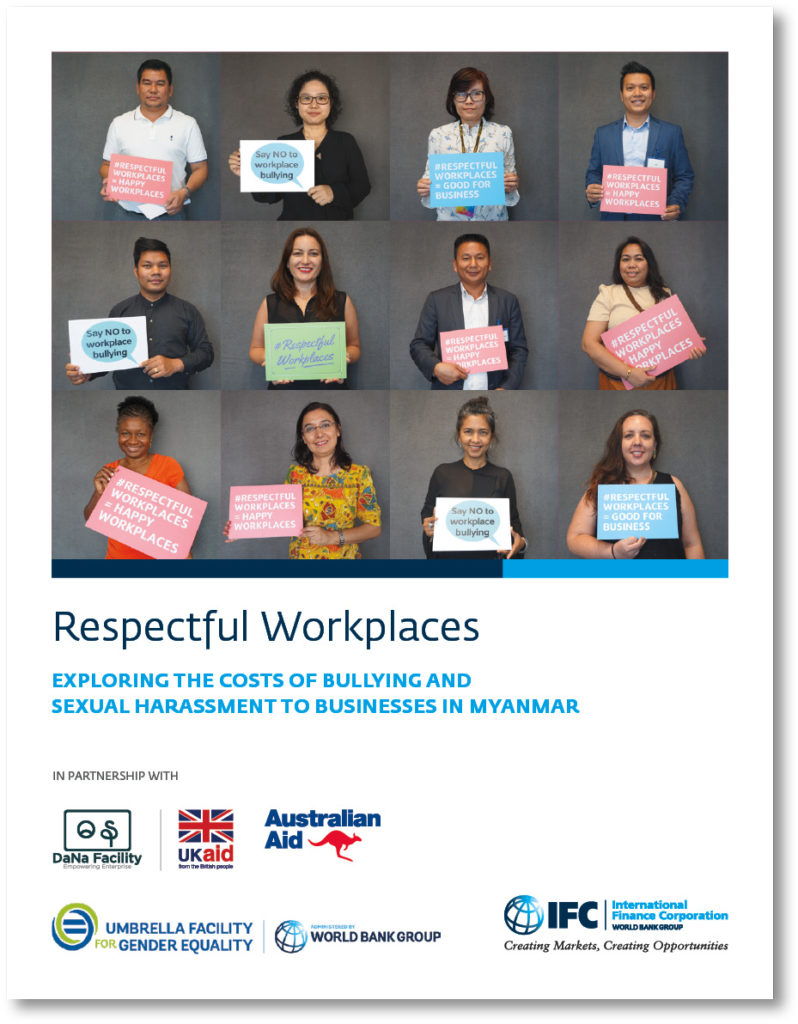
Factive is pleased to announce the official launch of the report: Respectful Workplaces: Exploring the Costs of Bullying and Sexual Harassment to Businesses in Myanmar.
The study was carried out by the Factive team in Myanmar on behalf of International Finance Corporation (of the World Bank Group) and DaNa Facility between September and November in 2018 to understand the experiences of employees relating to bullying and sexual harassment in Myanmar workplaces. There were 39 participating organisations, including 26 large businesses in the agribusiness, finance, retail and tourism sectors.
Some of the key findings of the report:
- Sexual harassment affects all workplaces. 21 percent of employees said they had witnessed an incident of sexual harassment in their current workplace.
- Bullying is more common than sexual harassment. More than half of the employees said they had witnessed an incident of bullying.
- Bullying and sexual harassment are a significant cost to business. On average, the study found businesses experience a 14% loss to labor productivity due to presenteeism caused by bullying and sexual harassment.
- Businesses are not adequately prepared to respond. Very few businesses had formal policies and procedures in place. The vast majority of employees do not report incidents of sexual harassment and bullying. Instead, they ignore them or discuss them on social media.
- Bullying and sexual harassment are workplace culture issues that can be addressed. There were considerable differences in the levels of bullying and sexual harassment across the 26 large businesses. This contradicts the common excuse that these disrespectful behaviors are a natural part of Myanmar culture.
The report offers business leaders in Myanmar an opportunity to understand the experiences of employees relating to bullying and sexual harassment in their workplaces. It also provides a set of practical recommendations, targeting business leaders, human resource managers, employees and other interested parties, to help create workplaces that are safe and free from bullying and sexual harassment.
The report was produced by IFC’s Gender Secretariat in partnership with DaNa Facility. You can download a free copy of the report by visiting IFC’s website. Both Burmese and English versions are available.
Weaving Gender with the ILO in Myanmar

Factive’s principal consultant, Dean Laplonge, yesterday presented a summary of his research results at the official launch of the report Weaving Gender.
This report provides detailed information on the results of a gender-equality assessment carried out in 16 Yangon-based factories in Myanmar’s garment sector.
Weaving Gender is the result of many months of meticulous research and stakeholders forums where the preliminary findings of the gender assessment were discussed. The ILO Improving labour relations for decent work and sustainable development in the Myanmar garment industry (ILO-GIP), which receives funding support from the Swedish international development agency (Sida) and H&M, is pleased to share a picture of the industry which, despite the challenges, is encouraging. We invite all the industry stakeholders to join hands in the spirit of social dialogue to ensure that workers in the industry, especially women, can enjoy decent work.
You can download a copy of the English version of the report using the link below. The Myanmar language version will be available soon.
#RespectfulWorkplaces
The third annual Women in Business and Leadership Development Conference was recently held in Yangon, Myanmar. Factive consultants were in attendance to deliver early findings from the Respectful Workplaces in Myanmar research study, supported by the IFC and the DaNa Facility. Many thanks to AustCham Myanmar for organising a great conference and for allowing us to participate.

The research team at Factive would also like to thank everyone who has helped to promote and support this project. Interest has been extremely strong compared to similar studies of this type with over 50 organisations across a range of sectors signing up to participate. Our national consultants, Thiri and Moh Moh, have done an incredible job managing the extensive data collection work.
In January, we will be ready to start sharing the research results with participating businesses and other stakeholders. We plan to hold a workshop with each of these groups to discuss what the results mean and how they can inform future work to create more respectful workplaces in Myanmar.
A small selection of photos of the event are provided below, courtesy of the event organiser, AustCham Myanmar. Photographer: Sebastian Higgison, Storgaard Photography.
Seeking Myanmar Businesses to Participate in Research Project

The ‘Respectful Workplaces in Myanmar’ research project is getting underway soon. Data collection activities will run in September and October throughout Myanmar. Factive is undertaking this research for the International Finance Corporation and the DaNa Facility.
The research is targeting businesses across a number of sectors, including finance, retail, agribusiness and tourism. It aims to better understand how bullying and sexual harassment affect employees and business productivity.
Participating firms will have the opportunity to learn about the benefits and best practices of respectful workplaces through a free presentation in their workplace. The research team will also run a variety of activities in workplaces to collect data from employees. Activities include surveys, focus groups discussions and safety walks. The research will be used to inform future programs and initiatives to promote respectful workplaces in Myanmar.
Businesses operating in Myanmar are encouraged to get involved. The research is anonymous. The names of employees will not be recorded, and no information received from businesses will be shared with anyone outside the research team.
An information sheet for potential participants is available by clicking on this link: Respectful Workplaces Research Information Sheet.
Enquiries can be made through Factive’s website contact page.
